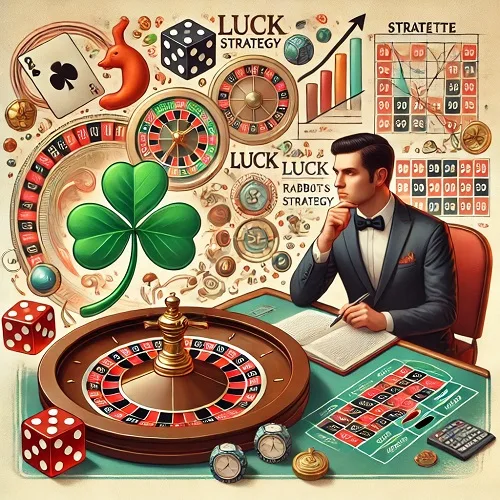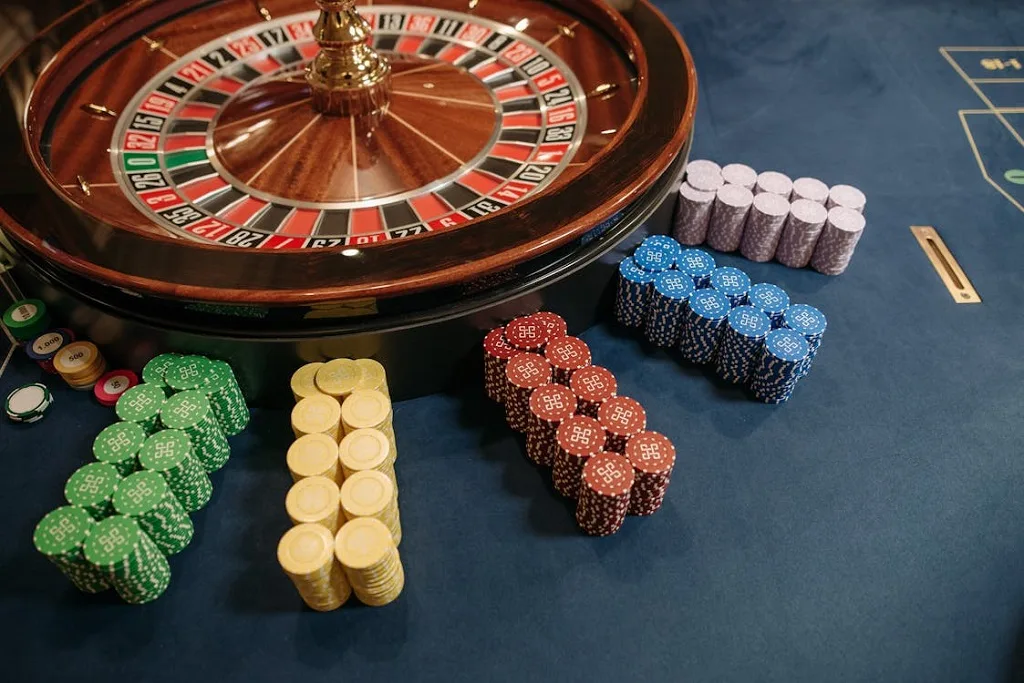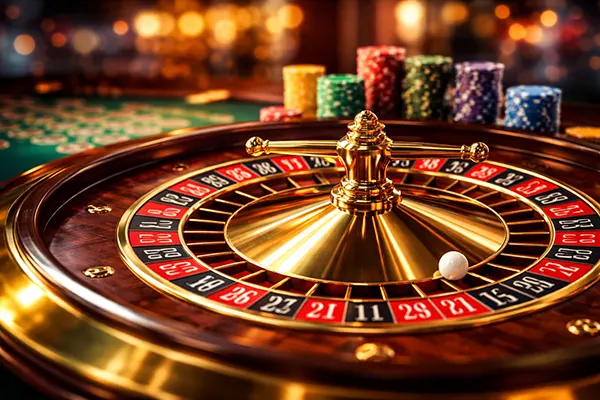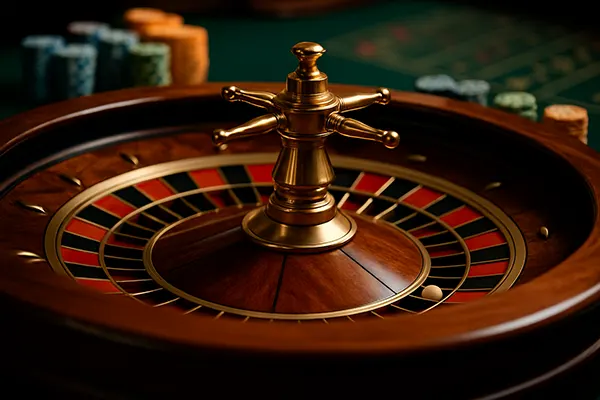
The Role of Luck vs. Strategy in Roulette
Roulette, a classic casino game, captivates players with its blend of chance and strategy. The debate between the influence of luck and the effectiveness of strategy is ongoing. In this article, we will delve into the intricacies of these elements and their impact on gameplay.
Understanding Roulette: A Game of Chance
Roulette is fundamentally a game of chance, governed by the random spin of the wheel and the fall of the ball. Players place their bets on numbers, colors, or sections, hoping the ball lands on their chosen spot. The house edge, inherent in the game’s design, ensures that luck plays a significant role in the outcome.
Despite the randomness, players often seek patterns or employ superstitions, believing these might influence the results. However, each spin is independent, and previous outcomes do not affect future ones. This randomness is a key factor in why roulette remains a popular and exciting game.
Exploring the Strategies in Roulette
While luck is a significant factor, strategy also plays a crucial role in roulette. Various betting systems, such as the Martingale or Fibonacci, are employed to manage stakes and potentially reduce losses. These strategies, though not altering the game’s odds, provide a structured approach to betting.
Strategic play involves understanding the different bet types and their associated probabilities. Players may choose to bet on even-money options like red/black or odd/even, which offer almost a 50/50 chance, or on specific numbers for higher payouts. The choice of strategy often depends on a player’s risk tolerance and goals.
The Balance of Luck and Strategy
In roulette, neither luck nor strategy can entirely determine the outcome. Luck dictates where the ball lands, while strategy influences how players manage their bets and respond to wins and losses. The balance between these elements is what makes roulette intriguing and dynamic.
Some players argue that strategies can help mitigate losses and extend playtime, while others believe that embracing the randomness and enjoying the game for its entertainment value is more important. Regardless of approach, understanding both aspects enhances the overall gaming experience.

Case Studies: Famous Wins and Strategies
Historically, there have been instances where players have won significant amounts through strategic play. For example, the use of the Martingale system has led to substantial wins, though it carries the risk of substantial losses. Similarly, players have utilized number tracking and biased wheels to gain an advantage, though such opportunities are rare.
These cases highlight the potential and limitations of strategies in roulette. They also underscore the importance of being aware of the risks involved and not relying solely on a system to secure a win.
Embracing the Game
Roulette’s charm lies in its blend of unpredictability and the allure of potential big wins. Whether you play for the thrill of the spin or enjoy applying strategic thought, the game offers a unique experience. It’s essential to remember that while strategies can enhance your gameplay, the element of luck remains ever-present.
Ultimately, players should approach roulette with a mindset of enjoyment and entertainment, understanding that the game is designed to be unpredictable. By embracing both luck and strategy, you can make the most of your time at the roulette table.





